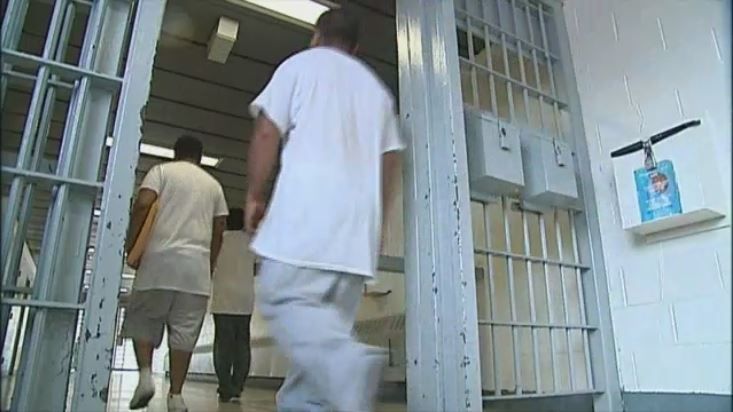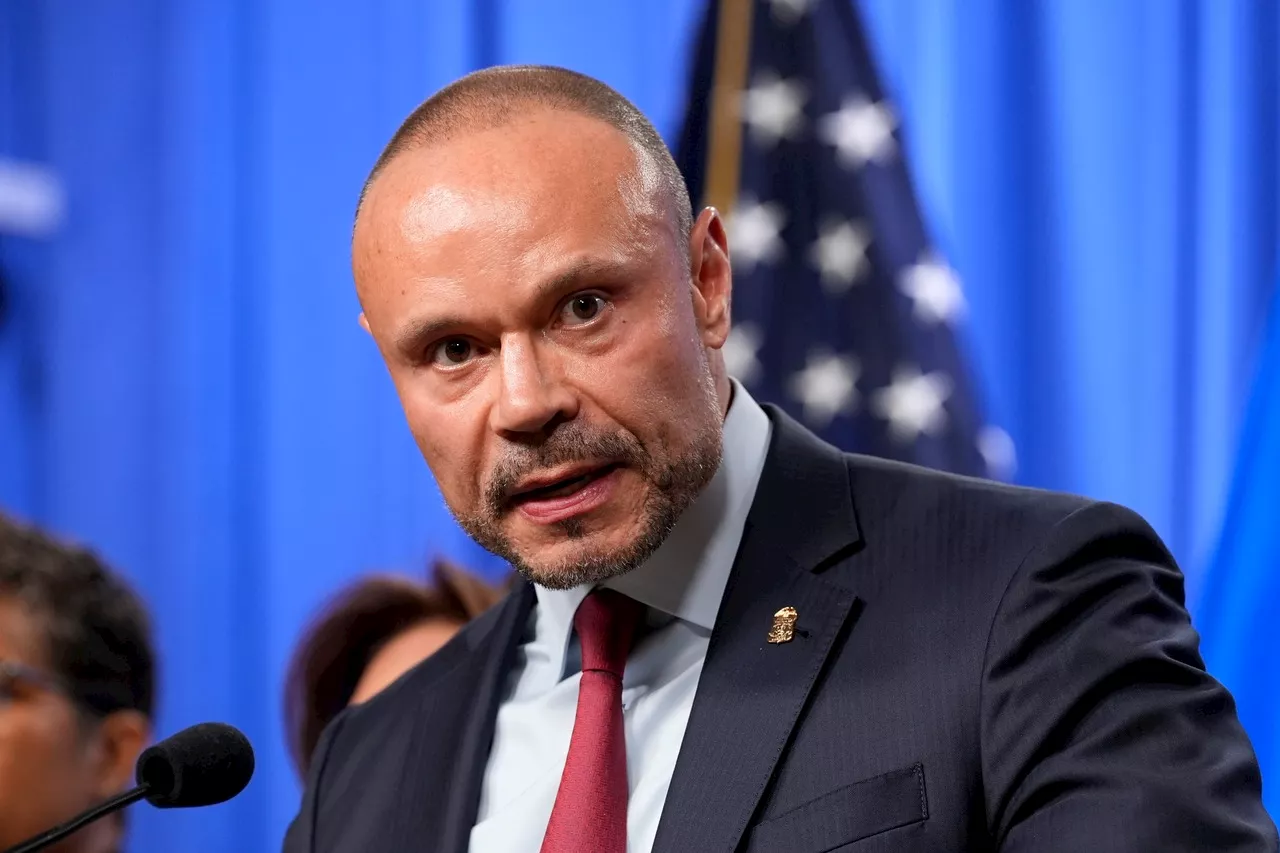UPDATE: New York lawmakers are gearing up for an intense debate over the controversial Raise the Age law that prevents youth offenders from being tried as adults. This critical discussion is set to unfold in the upcoming legislative session, with significant implications for the future of juvenile justice in the state.
The Raise the Age law, enacted in 2017, shifted 16- and 17-year-olds out of adult courts, raising the age of criminal responsibility to 18. However, recent comments from New York City mayor-elect Zohran Mamdani and newly appointed NYPD Commissioner Jessica Tisch indicate a strong push for reforms. Tisch, who is prioritizing changes to this law, stated, “The number of kids that are victims of shootings is up 83%. Since those laws changed, the number of kids that are shooters is up almost a hundred percent in that time.”
This urgent plea comes as district attorneys across the state, including Bronx DA Darcel Clark and Brooklyn DA Eric Gonzalez, express their frustrations with the law’s implications on public safety. Clark has been advocating for amendments to the law since 2021, while Gonzalez’s office has declined to comment on ongoing discussions.
Assemblywoman Latrice Walker, who supports the existing law, stated the recent conversations were productive but firmly opposed changes. “I hope we will continue to allow judges the discretion they need to make the best decisions,” she said, emphasizing the importance of judicial discretion in these cases.
The momentum for reform is palpable, as the District Attorneys Association of the State of New York is calling on the Legislature to take decisive action in the next budget. DAASNY President Mary Pat Donnelly remarked, “We need to be able to look at the offender’s history, their background… to make the right decision about whether they should be retained in adult court.”
Tisch and several district attorneys agree that while they do not advocate for sending youth offenders to adult prisons, reforming the Raise the Age law is vital. Walker, however, believes that justice is best served when cases proceed through family court, maintaining that legislative changes could undermine judicial discretion.
Meanwhile, Governor Kathy Hochul has not clarified her stance on potential changes to the law. Her office referenced her comments made in August 2023, where she noted, “I will be looking at all the laws as I get back to the legislative session,” indicating she will evaluate the law’s effectiveness.
Members of the state Black, Puerto Rican, Hispanic and Legislative Caucus are actively discussing the policy, focusing on funding mechanisms to keep young people out of prison rather than amending the law. Caucus chair Assemblywoman Michaelle Solages emphasized, “Attempts to change the law through the budget or prosecutors who have not fully implemented Raise the Age are irresponsible and misguided.”
As negotiations continue, the stakes are high. With Hochul facing a challenging re-election against likely Republican nominee Rep. Elise Stefanik, the outcome of this debate may have broader implications for New York’s criminal justice landscape.
Lawmakers are expected to reconvene soon, with discussions on the future of the Raise the Age law ongoing. The urgency for reform reflects a growing concern over public safety and the effectiveness of current juvenile justice policies. As stakeholders prepare for the upcoming session, all eyes will be on Albany to see how this crucial issue unfolds in the coming weeks.







